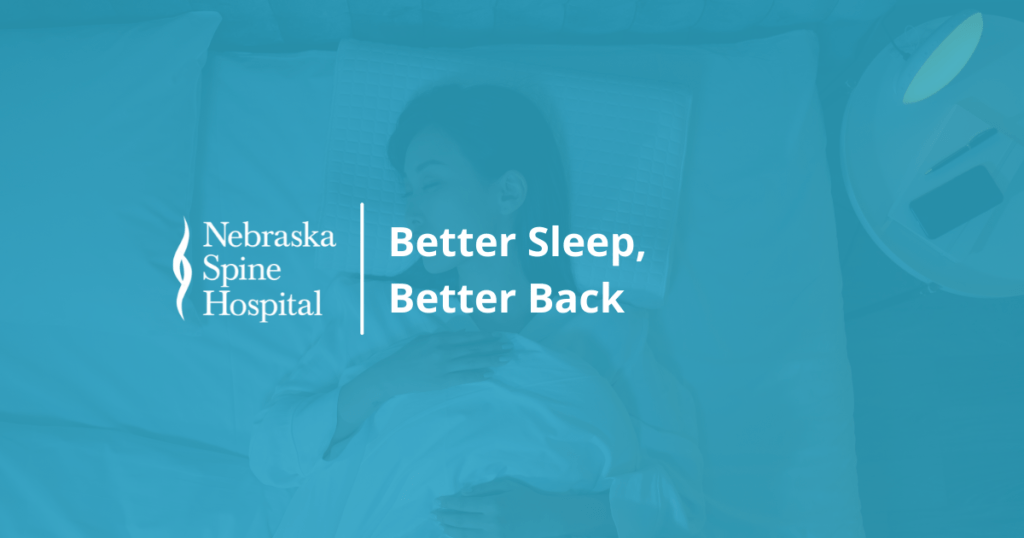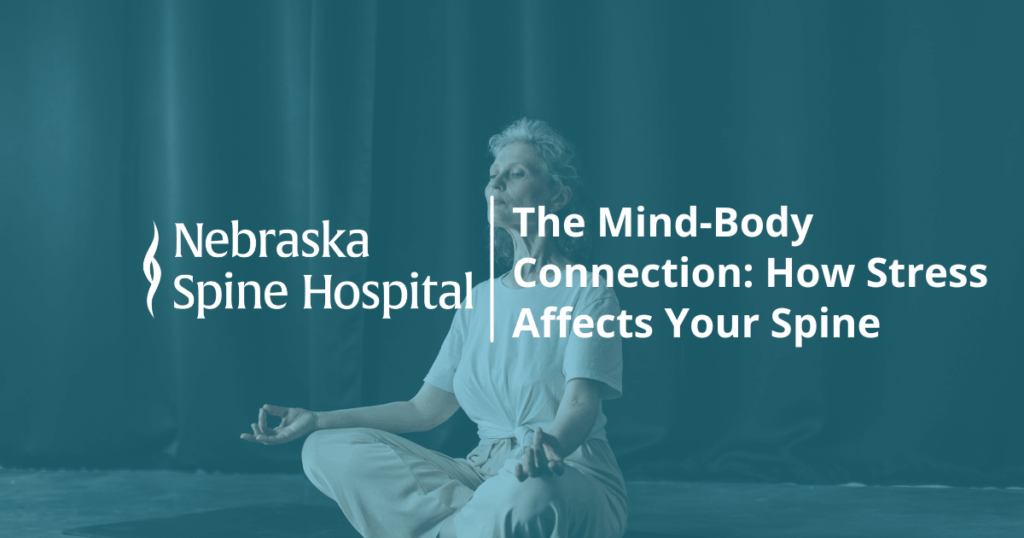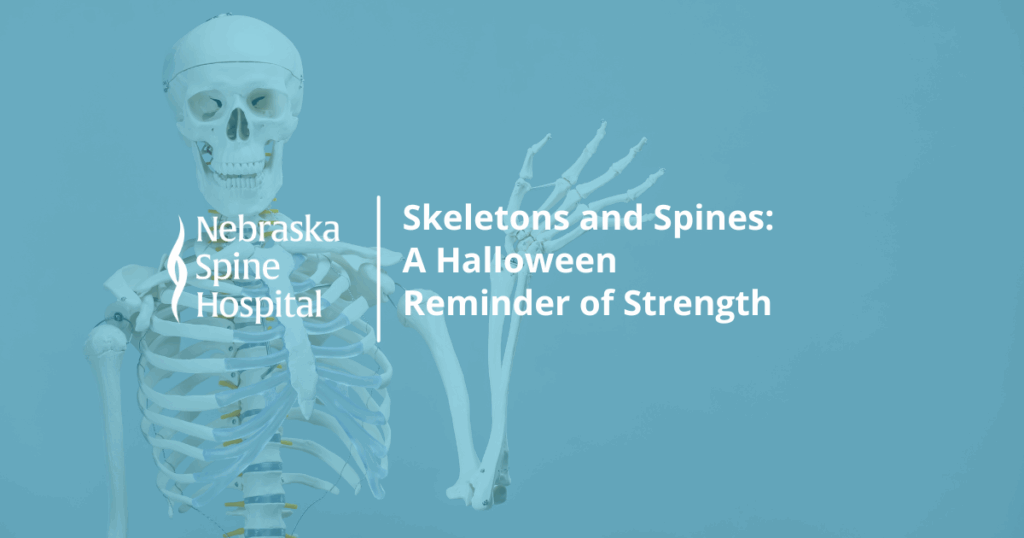We often don’t have questions about “how to sleep”, but we’ve all wondered how to get better sleep, or perhaps, how to make sleep more productive. Those 8 hours a night are necessary for your body to rest, refuel and recharge for the next day. Without healthy sleep, your memory, productivity, immune system, mood, cognition, and overall health are impacted. Sleep could be considered THE most important thing to keep you healthy. So, how can you improve your sleep to help keep your spine and mind healthy?
If you have difficulty falling asleep, you might try some of these tips:
Exercise
Working out can lead to better sleep. But, be careful, don’t push yourself to the point of exhaustion or injury.
Take note of your temperature
Your body’s temperature drops when it wants you to sleep. If you keep a log of your temperature throughout the day, it may tell you a better time to fall asleep and when to wake up.
Set your phone aside
The blue light emitted from your phone can keep your brain alert well passed the time it should be resting. If you need your phone at night, try using an app that will filter out that light and change your screen settings for a softer glow at night.
Avoid stimulants and food before bedtime
Digestion and caffeine can disrupt your body’s sleep cycle.
Once you become a pro at falling asleep and staying asleep, you might consider these tips to help your sleeping time become more productive for your back’s health:
Get a comfortable, supportive mattress
It should be flexible enough to conform to your body’s shape while also being supportive. Consider replacing your mattress every 8-12 years.
Sleep on your back or side
These positions help your neck and spine fall into their natural alignment. You can relieve additional pressure on your back by placing a pillow under your knees. If you sleep on your side, make sure your head, neck, and shoulders are aligned with your spine. Sleeping on your stomach is not recommended.
Find the right pillow
Just like your mattress, your pillow is important for your neck and spine’s alignment. You don’t want it so fluffy that it throws your head forward while on your back or too soft so that it doesn’t cradle your head while on your side.
I’m sure we’ve all experienced either short or long periods of elusive sleep. It can make us feel temporarily groggy, but the long-term effects can have an impact on our back, our mind, and our immune system. Improving sleep habits can make you feel better overall. Implementing new habits can help relieve back pain and make your mental focus sharper. Basically, you can’t go wrong with a good night’s sleep! If you have questions about the best sleep practices for your back, please consult our team of doctors at Nebraska Spine Hospital.









